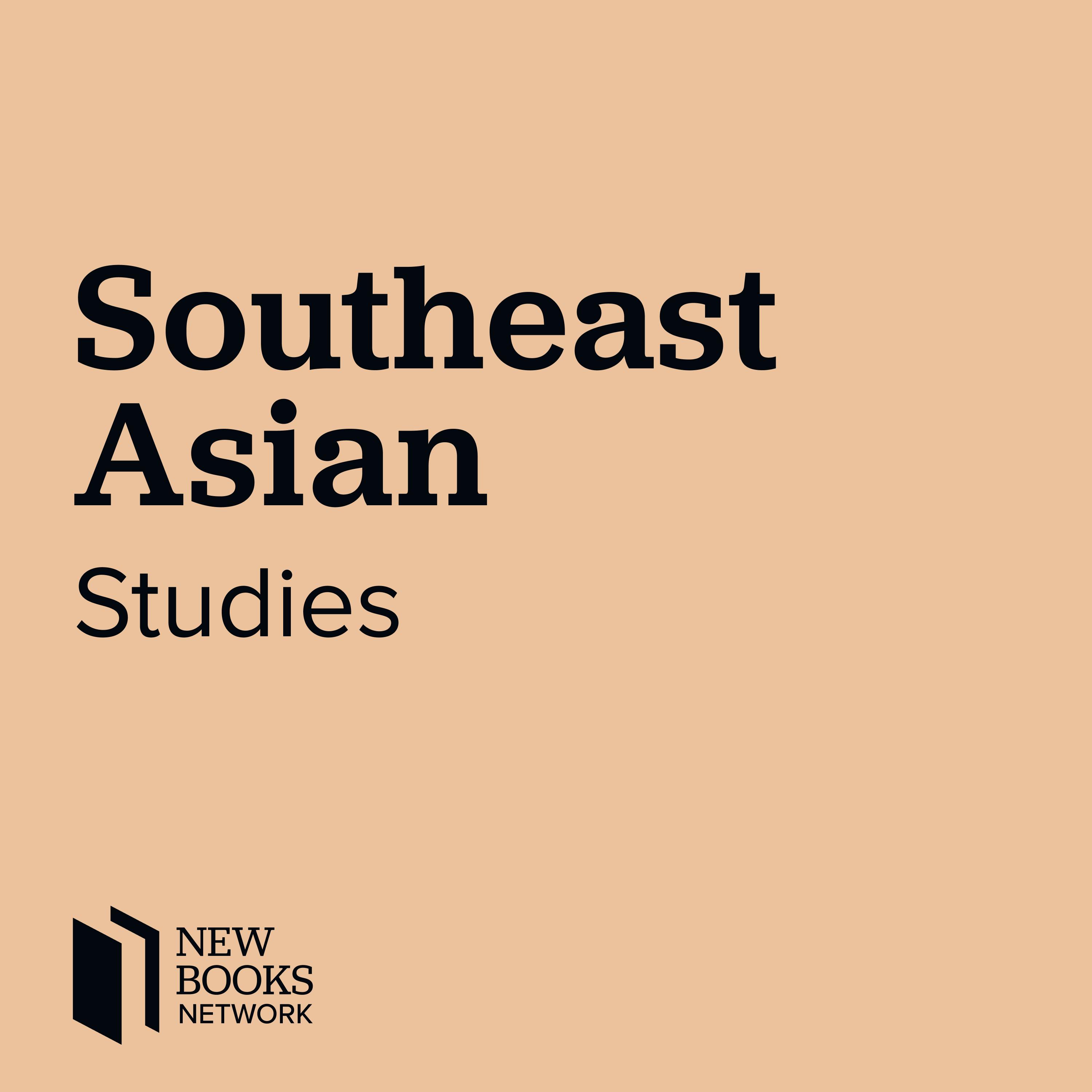Social Media and Political Participation in the Philippines
Description
We are all familiar with the spread of disinformation on social media platforms such as Facebook, Twitter, and YouTube. But just when we thought we’d seen the worst of it, along comes TikTok. What started out as an app for dance challenges and musical duets has, in recent times, emerged as one of the most concerning tools for amplifying political propaganda and lies. What does this mean in a country like the Philippines, where there are more than 89 million social media users?
Joining Dr Natali Pearson on SSEAC Stories, Assistant Professor Maria Elize Mendoza analyses the influential role of social media in Philippine political affairs, revealing intricate webs of disinformation, propaganda, and citizen mobilisation, with colossal political ramifications.
About Maria Elize Mendoza:
Maria Elize H. Mendoza is currently an Assistant Professor at the Department of Political Science, University of the Philippines Diliman. She obtained her BA (magna cum laude) and MA degrees in Political Science under the BA-MA (Honours) Program of the Department of Political Science, University of the Philippines Diliman. She teaches courses on Philippine politics and social, economic, and political thought. Her research interests include Philippine local politics, the politics of education, and the relationship between social media and political participation.
For more information or to browse additional resources, visit the Sydney Southeast Asia Centre’s website: www.sydney.edu.au/sseac.
Support our show by becoming a premium member! https://newbooksnetwork.supportingcast.fm/southeast-asian-studies
More Episodes
Over three years have passed since a military coup of February 2021 in Myanmar precipitated a popular uprising that has since transformed into a revolutionary situation. While researchers and writers have cobbled together edited books trying to come to terms with all that has happened and how we...
Published 04/16/24
Within the social sciences and the humanities, international research in Burma/Myanmar studies tends to lean toward political science and Buddhist studies, or what can be characterized as the “soldiers or monks” approach. The political situation within the country has restricted the access that...
Published 04/05/24
Missionary Diplomacy: Religion and Nineteenth-Century American Foreign Relations (Cornell University Press, 2024) illuminates the crucial place of religion in nineteenth-century American diplomacy. From the 1810s through the 1920s, Protestant missionaries positioned themselves as key experts in...
Published 03/24/24


